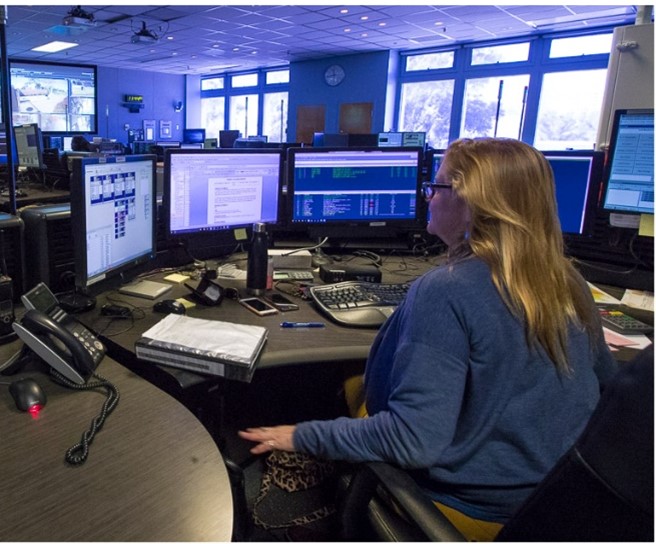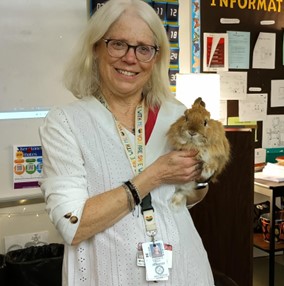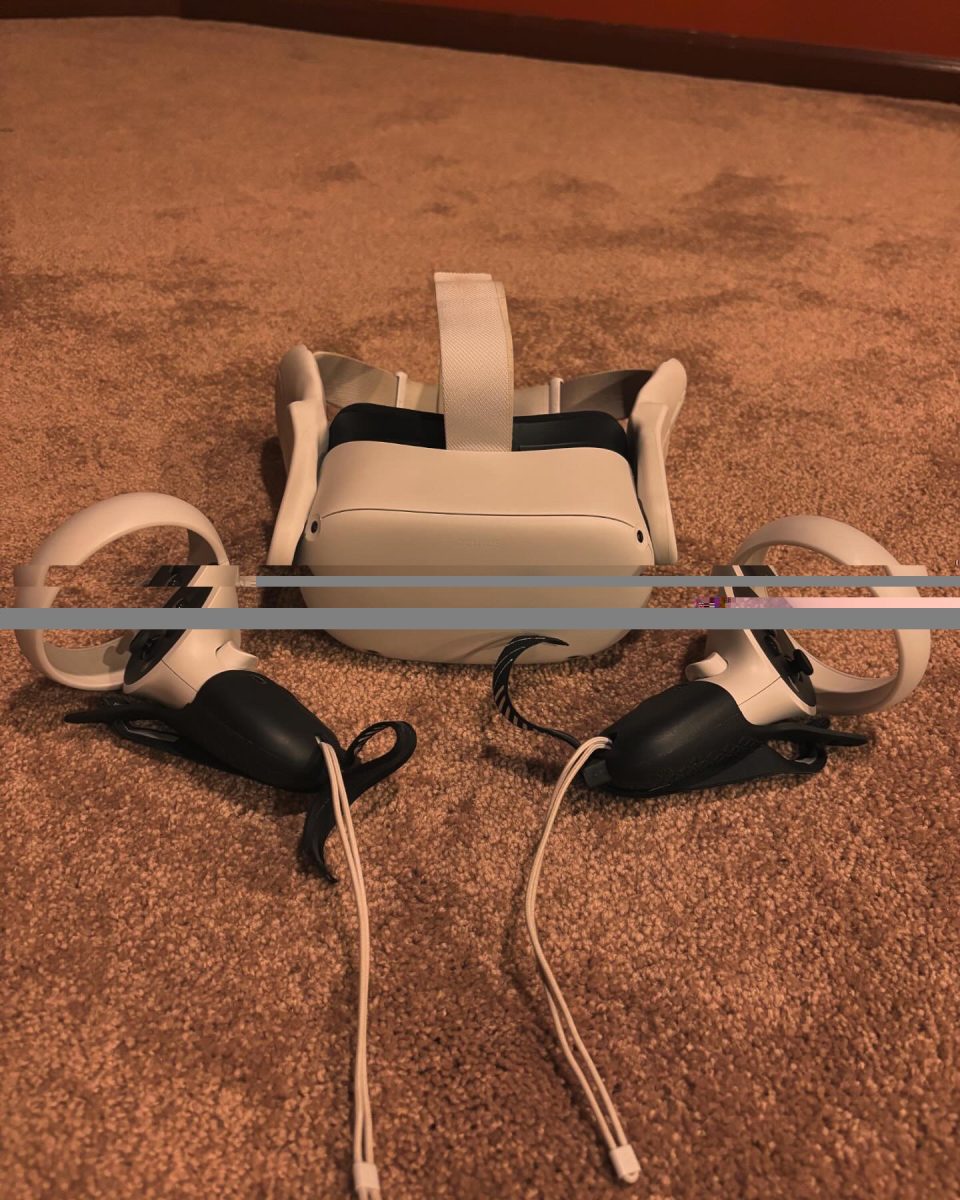Whether it be a terrified child reporting domestic violence or a frantic mother going into labor and in need of assistance for emergency childbirth, 911 dispatchers are trained to take appropriate action in any situation. 911 dispatchers are the first responders in every emergency and are responsible for getting information about the emergency and relaying that information to the appropriate police, fire, or EMS agency.
Kiera Swanson of Perkasie, Pennsylvania, is a 911 dispatcher and has mastered how she can carefully listen and confidently deliver directions to those in need. Swanson has many traits that allow her to perform her best during high-intensity situations. Swanson describes herself as empathetic and a quick thinker. To help the caller, she must understand what the caller is going through and act quickly in a fast-paced environment. Being calm, confident, strong, and reliable are other personality traits that all dispatchers must possess and are used in every call they answer.
Swanson used these several traits during what she said was her proudest moment, talking to a mother through delivering a baby at home. Having a baby can be an extremely stressful and frightening time, especially when you have to do so at home and not in a hospital. The dispatcher on call must be calm so as not to freak out the lady, confident in her own words, collaborative to work with the caller, and empathetic to understand what the caller is going through. Without these essential traits, the lady could have a painful birth and be scared during her most vulnerable time. Being helpful, calm, and demanding will calm her down while waiting for EMS to arrive.
Dispatchers also hear many heart-wrenching and panicked calls day in and day out. An example of this is talking someone out of taking their own life. Dispatchers must stay on the phone with the person and make sure they are in a safe place with no weapons on them. Suicide calls take a heavy toll on dispatchers and can drain the dispatcher both physically and emotionally.
During all types of calls, dispatchers are taught to stay as professional and unattached to the caller as possible. Swanson said, “You are trained to dissociate from it and then think about it emotionally after.” She explained that this helps her stay focused and as helpful as possible because as soon as she starts to get emotional about it, the way she communicates with the caller can change, and she will not give the proper directions the caller needs. Not everyone obtains the specific traits it takes to stay unattached, calm, and confident on the call, and therefore, are not fit for the job. It takes a particular personality to be able to deal with stressful 911 phone calls for a living.
In the Philadelphia area, there are around 4,700-5,700 911 calls every day. These calls can range from all kinds of situations. Amy Horensky, a resident of Perkasie, Pennsylvania, explained her interaction with a 911 dispatcher when she called to get help for her brother, who was seizing after a nail gun injury. Horensky said, “I remember the dispatcher telling me to stay calm and put a pillow under his head to prevent him from further injury… she calmed both of us down.” Dispatchers have always had a way to calm everyone down and offer peace for those in stressful situations, something not everyone can do.
Dispatchers, including Kiera Swanson, are extraordinary people with life-changing characteristics. Although this is a job that many emotionally could not handle, Swanson has been able to help so many of those who were most in need and continues to provide service to others to this day. With her composure, confidence, and bravery, she has accomplished some incredible things while answering 911 calls.






